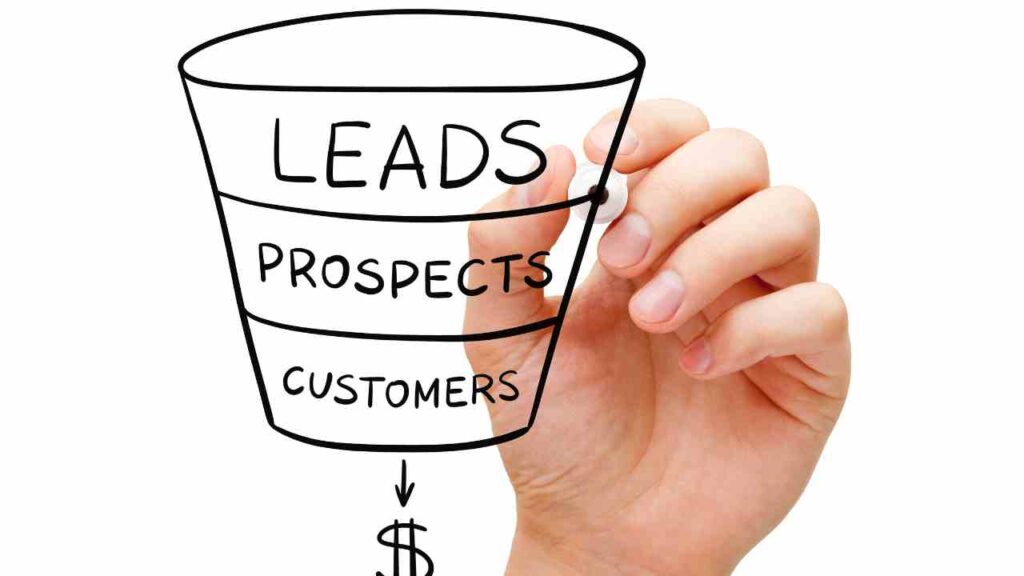Modernizing Sales Processes with CRM

In today’s fast-paced business environment, sales teams are constantly looking for ways to streamline their processes and improve efficiency. One tool that has revolutionized the way sales teams operate is Customer Relationship Management (CRM) software. CRM systems provide a centralized platform for managing customer data, tracking interactions, and automating sales processes. In this article, we will explore the benefits of modernizing sales processes with CRM and how it can help businesses achieve their sales goals.
The Evolution of Sales Processes
Over the years, sales processes have evolved significantly. In the past, sales teams relied heavily on manual methods such as spreadsheets, paper-based records, and physical filing systems to manage customer information. These methods were not only time-consuming but also prone to errors and inefficiencies.
With the advent of CRM software, sales teams can now automate various aspects of their sales processes, resulting in improved productivity and better customer relationships. Let’s take a closer look at how CRM can modernize sales processes.
Benefits of CRM in Sales
1. Centralized Customer Data:
One of the key benefits of CRM is that it provides a centralized platform for storing and managing customer data. Instead of scattered information across different systems and spreadsheets, CRM allows sales teams to have a single source of truth for all customer-related information. This not only saves time but also ensures data accuracy and consistency.
2. Improved Sales Pipeline Management:
CRM systems offer robust features for managing the sales pipeline. Sales teams can track leads, opportunities, and deals at various stages of the sales process. This visibility allows sales managers to identify bottlenecks, forecast revenue, and make data-driven decisions to optimize the sales pipeline.
3. Enhanced Collaboration:
CRM software enables seamless collaboration among sales team members. Sales reps can easily share customer information, notes, and updates, ensuring everyone is on the same page. This collaborative approach leads to better coordination, improved customer service, and increased sales effectiveness.
4. Automation of Routine Tasks:
CRM systems automate repetitive and time-consuming tasks, such as data entry, follow-ups, and scheduling. By automating these tasks, sales teams can focus on high-value activities, such as building relationships with prospects and closing deals. This not only saves time but also improves overall productivity.
5. Personalized Customer Interactions:
CRM software allows sales teams to personalize customer interactions by providing insights into customer preferences, purchase history, and communication history. Armed with this information, sales reps can tailor their approach, offer relevant solutions, and build stronger relationships with customers.
Case Study: XYZ Company
Let’s take a look at how XYZ Company, a small business in the software industry, modernized its sales processes with CRM.
XYZ Company was struggling to keep track of customer information and manage its sales pipeline effectively. Sales reps were spending a significant amount of time on administrative tasks, leaving less time for actual selling. The company decided to implement a CRM system to streamline its sales processes.
After implementing the CRM software, XYZ Company experienced several benefits:
- Centralized customer data: All customer information was stored in one place, making it easy for sales reps to access and update.
- Improved sales pipeline management: Sales managers gained visibility into the sales pipeline, allowing them to identify bottlenecks and take corrective actions.
- Automated tasks: Routine tasks, such as data entry and follow-ups, were automated, freeing up sales reps’ time for more important activities.
- Enhanced collaboration: Sales reps could easily share customer information and collaborate on deals, resulting in better coordination and improved customer service.
As a result of implementing CRM, XYZ Company saw a significant increase in sales productivity and revenue. Sales reps were able to focus more on selling and building relationships with prospects, leading to higher conversion rates and customer satisfaction.
Statistics on CRM Adoption
Here are some statistics that highlight the growing importance of CRM in modern sales processes:
- According to a study by Nucleus Research, CRM systems deliver an average return on investment (ROI) of $8.71 for every dollar spent.
- A survey conducted by Salesforce found that 79% of high-performing sales teams use CRM software.
- Research by Aberdeen Group shows that companies using CRM software achieve a 41% increase in sales quota attainment compared to those without CRM.
Modernizing sales processes with CRM software is essential for businesses looking to stay competitive in today’s market. CRM provides a centralized platform for managing customer data, automating tasks, and improving collaboration. By adopting CRM, businesses can streamline their sales processes, increase productivity, and build stronger customer relationships. Visit https://SaasExpert.ca to learn more about how CRM can transform your sales operations.
Learn more about “Gaining insights on Metric Optimization with CRM Solution” right here.
Frequently asked questions about Modernizing Sales Processes with CRM.

1. Why is modernizing sales processes with CRM so important? 🤔
Modernizing your sales process is not just a trend—it’s a necessity! In today’s fast-paced digital world, customer expectations have evolved. They desire quick responses, personalized experiences, and seamless transactions. CRM tools 🛠️ help businesses keep up with these expectations by streamlining operations, automating mundane tasks, and providing insights that drive better decision-making. Moreover, a modern CRM provides an integrated platform where all customer interactions, from emails 📧 to calls 📞, are tracked. This results in improved customer relationships and higher sales conversions!
2. How can a CRM system make my sales team more efficient? ⚙️
Great question! CRM systems can be a game-changer for sales teams. Firstly, they eliminate time-consuming manual tasks by automating data entry, follow-ups, and lead assignments. This allows your sales team to focus on what they do best—selling! 📈 With a CRM, you can also segment your leads and customers effectively, ensuring tailored communication and offers. Plus, with features like contact histories, task reminders, and performance analytics, your sales team is always prepared and informed. Remember, an efficient sales team = more closed deals! 🎉
3. Will integrating a CRM change the way I interact with my customers? 🤝
Absolutely—but in a fantastic way! CRM isn’t just about managing sales; it’s about enhancing relationships. By having all customer interactions, preferences, and histories at your fingertips, you can interact with them in a more personalized manner. No more fumbling through notes or forgetting crucial details! 📚 CRM also allows for timely follow-ups, ensuring you never miss an opportunity or leave a customer query unanswered. In essence, while the medium might change, the core principle remains: Building and nurturing genuine relationships. With CRM, you just get a turbo boost! 🚀
4. What if my sales team isn’t tech-savvy? Can they still use a CRM effectively? 🧐
Absolutely! Modern CRM systems are designed with user-friendliness in mind. Most platforms offer intuitive interfaces and guided tutorials to get your team up to speed. 🖥️ And remember, it’s not just about getting used to a new tool—it’s about embracing a more efficient and data-driven sales approach. With a bit of training and patience, even the most tech-wary members of your team can master a CRM. Plus, many CRM providers offer robust support to ensure you’re making the most of your investment. So, worry not! Your team will soon be CRM pros! 🌟
5. How can I ensure the CRM I choose aligns with my business goals? 🎯
Great point! Choosing the right CRM is crucial. Start by clearly defining your business goals and sales processes. Then, make a checklist of features you absolutely need. 📋 Do you require advanced analytics? Integration with other tools? Mobile access? Once you have your list, research and demo multiple CRM platforms. Engage with vendors, ask questions, and see how each platform can cater to your specific needs. Finally, consider scalability—choose a CRM that can grow with you, accommodating your needs today and in the future. It’s a bit like dating; take your time, get to know them, and then commit when you’re sure it’s a match! ❤️






